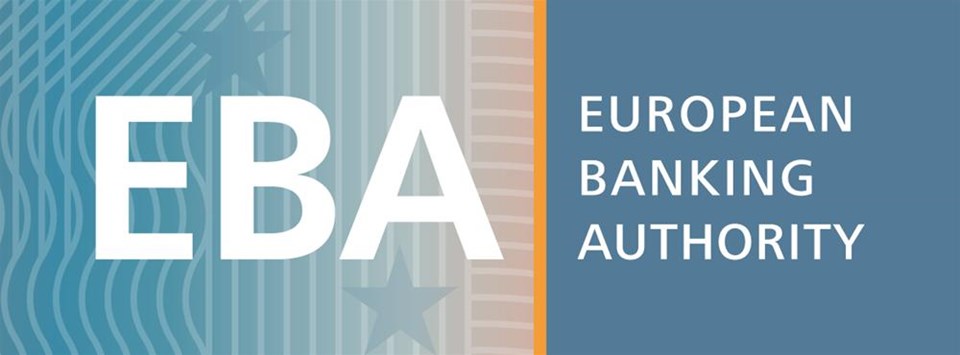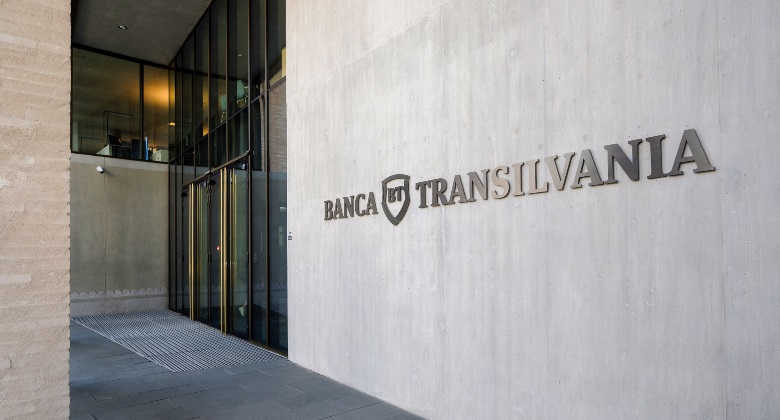EBA publishes final revised Guidelines on money laundering and terrorist financing risk factors

The EBA published today its final revised Guidelines on ML/TF risk factors. The revisions take into account changes to the EU Anti Money Laundering and Counter Terrorism Financing (AML/CFT) legal framework and address new ML/TF risks, including those identified by the EBA’s implementation reviews.
In addition to strengthening financial institutions’ risk-based approaches to AML/CFT, the revision supports the development of more effective and consistent supervisory approaches where evidence suggested that divergent approaches continue to exist. The Guidelines are central to the EBA’s work to lead, coordinate and monitor the fight against money laundering and terrorist financing.
The Guidelines are addressed to both financial institutions and supervisory authorities. They set out factors that firms should consider when assessing the ML/TF risk associated with a business relationship or occasional transaction.
In addition, they provide guidance on how financial institutions can adjust their customer due diligence measures to mitigate the ML/TF risk they have identified so as to make them more appropriate and proportionate. Finally, they support competent authorities’ AML/CFT supervision efforts when assessing the adequacy of firms’ risk assessments and AML/CFT policies and procedures.
In this revised version, the EBA strengthens the requirements on individual and business-wide risk assessments and customer due diligence (CDD) measures, adding new guidance on the identification of beneficial owners, the use of innovative solutions to identify and verify customers’ identities, and how financial institutions should comply with legal provisions on enhanced customer due diligence related to high-risk third countries.
In addition, the EBA included new sectoral guidelines for crowdfunding platforms, corporate finance, account information service providers (AISPs) and payment initiation services providers (PISPs), and firms providing activities of currency exchanges offices. The revised Guidelines also provide more details on terrorist financing risk factors. Together, these changes will be conducive to the implementation by financial institutions of a more effective, risk-based approach to AML/CFT.
The EBA reiterates that there is no requirement for financial institutions to discontinue services to entire categories of customers that they associate with higher ML/TF risk (so-called ‘de-risking’): Instead, financial institutions should balance the need for financial inclusion with the need to mitigate and manage ML/TF risk. The guidelines can help financial institutions to achieve this balance.
The EBA also stresses the need for supervisory authorities and financial institutions to enhance their understanding of tax crimes, as set out last year in the EBA’s Report on competent authorities’ approaches to tackling market integrity risks associated with dividend arbitrage schemes (EBA/REP/2020/15).
Dariusz Mazurkiewicz – CEO at BLIK Polish Payment Standard
Banking 4.0 – „how was the experience for you”
„To be honest I think that Sinaia, your conference, is much better then Davos.”
Many more interesting quotes in the video below:










